No products in the cart.
Return To Shop
Log in / Sign in
Login
Register
Personal Law and Communal Identities
₹ 50
Feminist movements in India have, both pre- and post-Independence, seen the family and home as the nexus of organizing women’s lives. By the early 1980s, attempts to analyse this nexus had led to examining the codification of women’s rights in marriage and property. It is in this vein that this essay considers the history of the 1985 Shah Bano case and the feminist debates on personal law that it gave rise to.
The call for a common civil code that emerged from the case was extensively critiqued by feminists, liberals and secularists, as well as Muslim religious leaders. The essay traces how the sociopolitical context led to the quick descent of the issue into communal agitation, with a demand that Muslims be exempt from Section 125 of the Criminal Procedure Code that had been cited in granting Shah Bano maintenance from her husband. It describes how Hindu communalism had been acquiring legitimacy in the eyes of the state, and the contribution of this factor to the national fervour surrounding Shah Bano’s case.
Kumar then traces the opposition by various women’s groups to the 1986 Bill, which was introduced in parliament with an aim to exclude divorced Muslim women from the purview of the hotly debated Section 125. She explores the ‘bitter lessons’ that Indian feminists learnt from the public and state responses to Shah Bano’s case, which then posed certain questions that would become increasingly important to feminists in the years to follow. She concludes with questions of secularism–its definition and its practice–and of representation, both of which are brought to the forefront by Shah Bano’s case.
Category: e-Essays
Tags: communalism, conflict, Feminist history, history, legislation, Radha Kumar, religion, Shah Bano case, The History of Doing, Uniform Civil Code, violence, women's movement| Author | |
|---|---|
| Year of Publication | |
| Page Count | 12 pp |
| Format |
Be the first to review “Personal Law and Communal Identities” Cancel reply
You must be logged in to post a review.
Related products
Contact Us
© Zubaan 2019. Site Design by Avinash Kuduvalli.
Payments on this site are handled by CCAvenue.






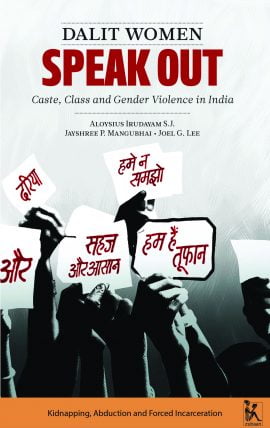
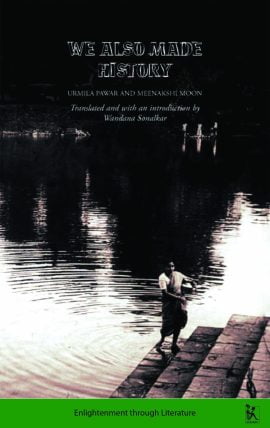
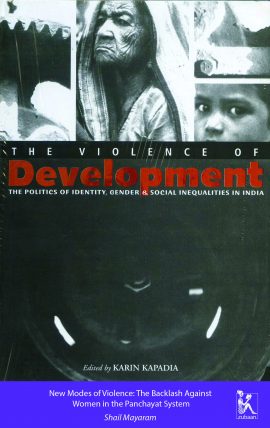
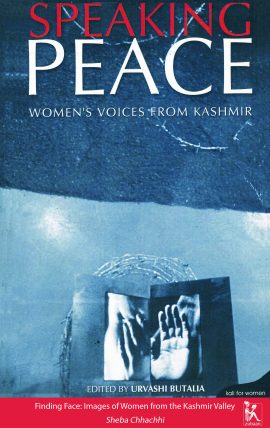
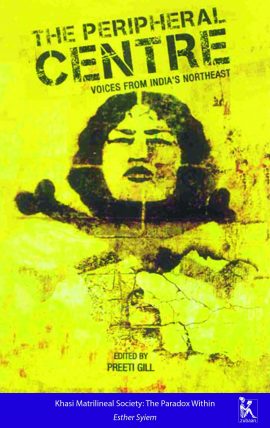

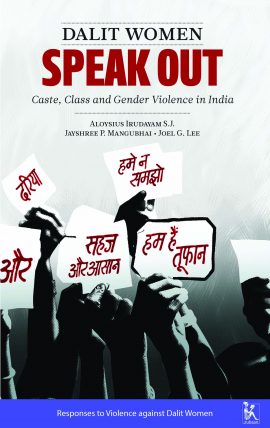
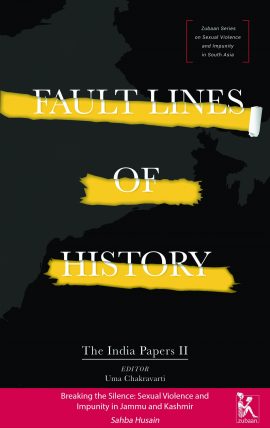
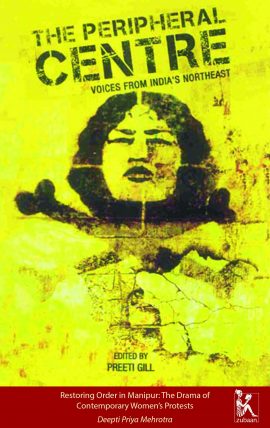
Reviews
There are no reviews yet.